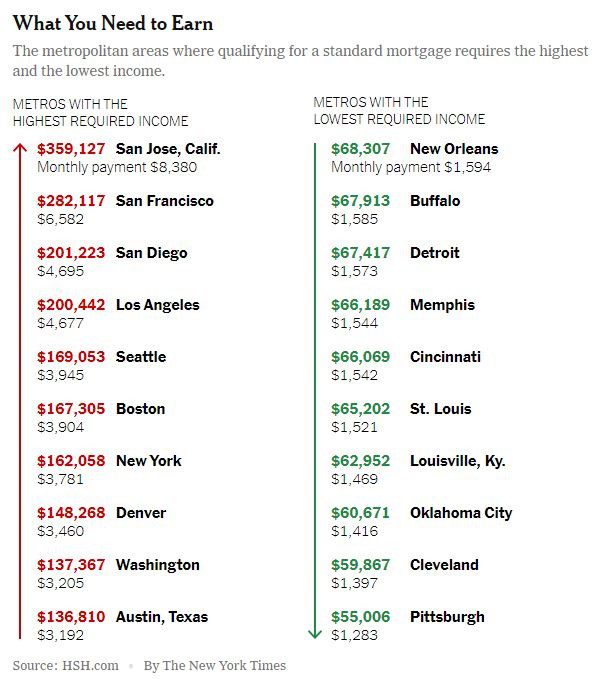

The issue of comparative cost of living in Israel is highly specific to each of us – and depends on many factors such as earnings power, spending habits and so on.
Some of the issues are of perception. It is often quoted that Tel Aviv is one of the most expensive cities in the world, but one can live modestly just a few miles away. And one can live more affordably in Tel Aviv itself (especially if you know where there are secret free or cheap parking spots)
So, in general terms what is cheap and what is expensive in Israel versus the US?
Let’s get into it.
But first, we’ve written these blogs about moving to and living in Israel which you may enjoy.
Can one use a US Power of Attorney in Israel, (and vice versa)?
Checklist for moving to Israel
Financial planning for US citizens living abroad
Selling a house in Israel as a US citizen
Why US Expats should look before they leap into a Roth 401k
Compliance with reporting of foreign assets: tips for US expats to avoid stress
What expats need to know about Brokerage Accounts for non-US residents
Is it cheap or expensive to live in Israel?
Cheap
There are several inexpensive aspects of life, which contribute to the reasonable cost of living in Israel.
- Healthcare – universal coverage – and not expensive to upgrade to a more comprehensive plan.
- Some Home Rentals – It depends where you want to live. Generally, it makes sense to rent before buying.
- Education – is generally free and private schools are few and far between. One may need to enhance your child’s educational experience through extra tuition and enrichment classes.
- Public transportation. Once again one needs to know how the system works, regarding daily and monthly passes.
Expensive
The cost of living in Israel can be driven high for people with certain preferences and needs. Here are some examples.
- Eating out. Israel offers less bang for the buck on similar food to that in US, or in best case about the same in actual dollars.
The well-known Big Mac Index had the dollar cost of this burger at $5.15 in the US and $5.05 in Israel. But net earning power tends to be less in Israel in absolute dollar terms.
Once again there is plenty of delicious street and local food that is cheaper than the Hamburger, Burrito or Sushi lunch special you are used to.
BTW – the coffee here is much better and a little cheaper than your local Starbucks. There’s a reason Starbucks succeeded in every major country in the world except Israel.
- Cars – are taxed more in Israel than in US as is gasoline. Many families get by with one rather than two cars (although this too is changing).
- Concert and movie tickets
- Luxury and sports goods – imported goods tend to be more expensive. One can order goods from overseas and not pay customs tax up to $75.
- House Purchase – this is a very general comment.
Affordable housing for many Israelis is a major life challenge.
According to the Israeli publication Globes, it takes 155 average salaries or 12.9 years to buy an average home in Israel.
This rate in Israel compares to approximately 68 salaries (5.67 years) to buy a house in the US. According to the New York Times, the average national home price of $398,000, which we divide by the average annual salary of $70,000.
These comparisons while general are indicative.

You will get less space here in Israel than what you are used to in the US regardless of location.
Mortgages are available, and not too hard to obtain. If you still have US earned income and pay taxes in the US, you can deduct part of the mortgage interest from your US tax bill.
Summary: what it costs to live in Israel
Here’s the bottom line on the question of how cheap or expensive it is to live in Israel.
When one moves to Israel, we believe it makes sense to set up an initial budget for set up costs, such as housing, car purchase, etc., and keeping at least a year’s living expenses in reserve. During this time, you will learn how the local system works and get tips from friends, colleagues and Aliyah websites on how to live economically.
We are expat financial advisors located in Israel and the US, serving expats globally.
If you are moving to Israel or another country and don’t know where to start when it comes to the financial side of things, or hold US or foreign assets and need help figuring out your retirement as an expat, please contact us.
Have questions about retiring in Israel? We’re having a series of webinars on this topic. We’re also publishing blogs on this subject.
JOIN the newsletter list here to stay informed.
Sources
Eagle, James. (16 February, 2022). Visual Capitalist. The Big Mac Index: A Measure of Purchasing Power Parity & Burger Inflation.https://www.visualcapitalist.com/cp/big-mac-index-purchasing-power-parity-burger-inflation/
Wakid, Yaser. (4 May, 2023). Globes. How many salaries needed to buy a home in Israel?https://en.globes.co.il/en/article-how-many-salaries-needed-to-buy-a-home-in-israel-1001445541#
Kolomatsky, Michael. (22 Dec, 2022). The New York Times. What you need to earn to buy a home in the largest US. https://www.nytimes.com/2022/12/22/realestate/home-buying-income-interest-rates.html
Disclaimer
Nardis Advisors LLC (“Nardis”) is a Registered Investment Advisory Firm regulated by the U.S Securities and Exchange Commission in accordance and compliance with applicable securities laws and regulations. Registration does not imply a certain level of skill or training. Nardis does not render or offer to render personalized investment advice through this medium. The information provided herein is for informational purposes only and does not constitute financial, investment or legal advice. Investment advice can only be rendered after delivery of the Firm’s disclosure statement (Form ADV Part 2) and execution of an investment advisory agreement between the client and Nardis.





